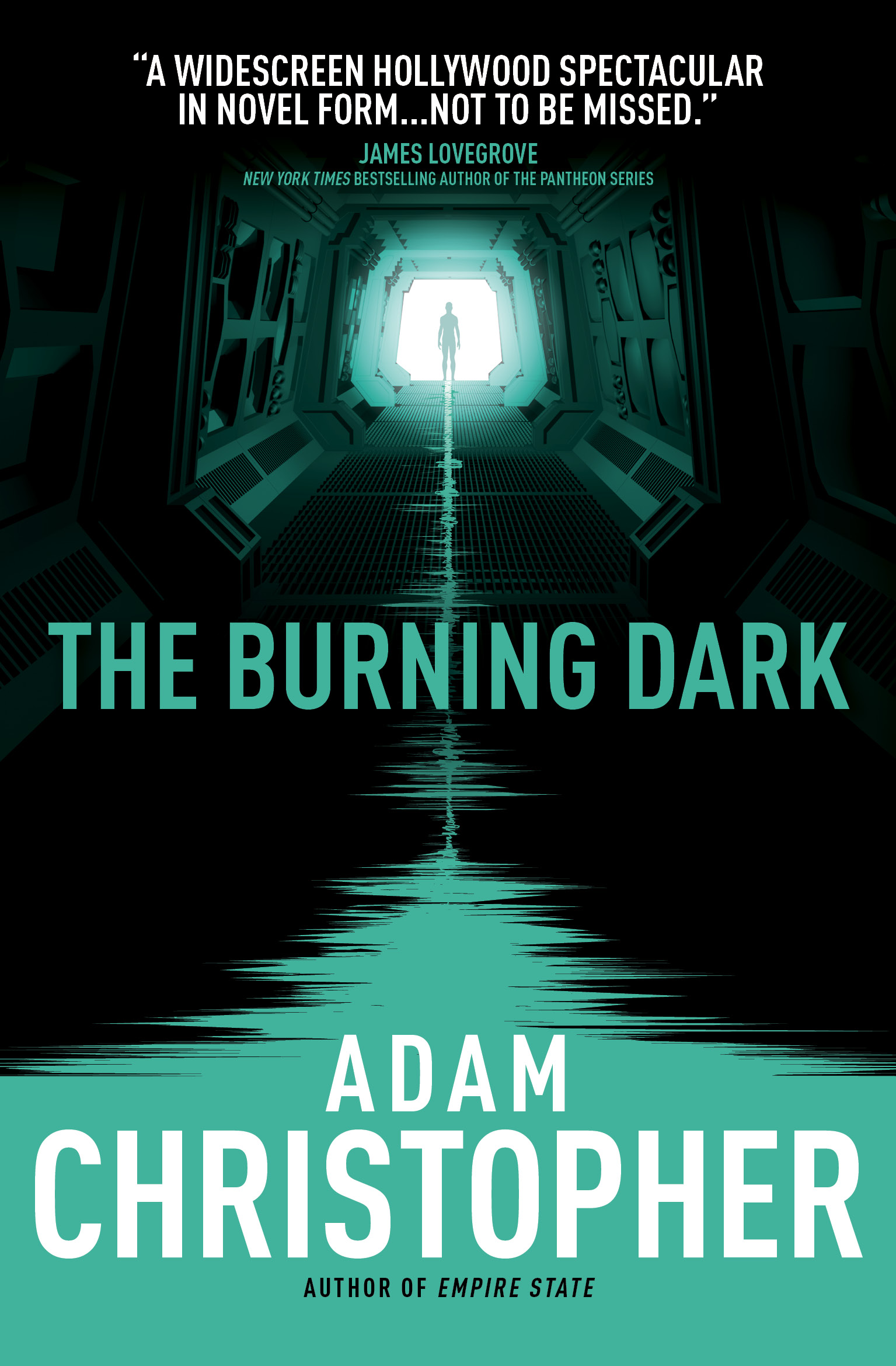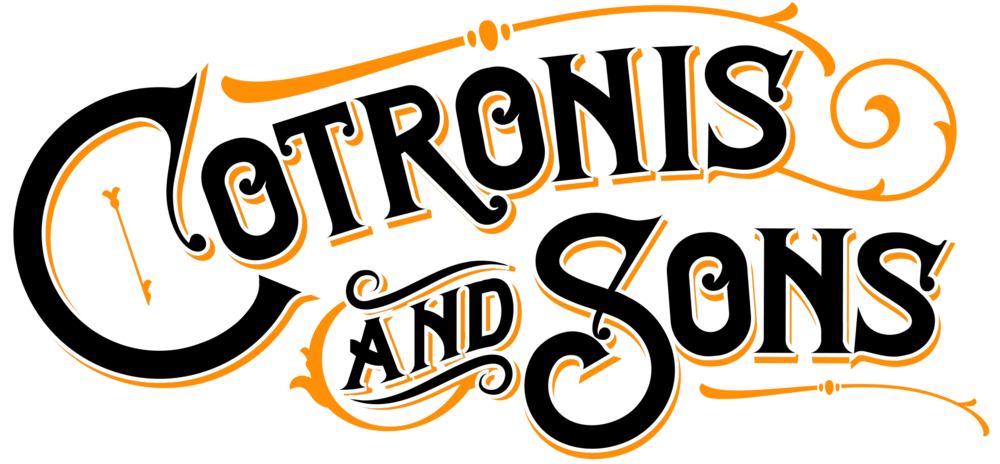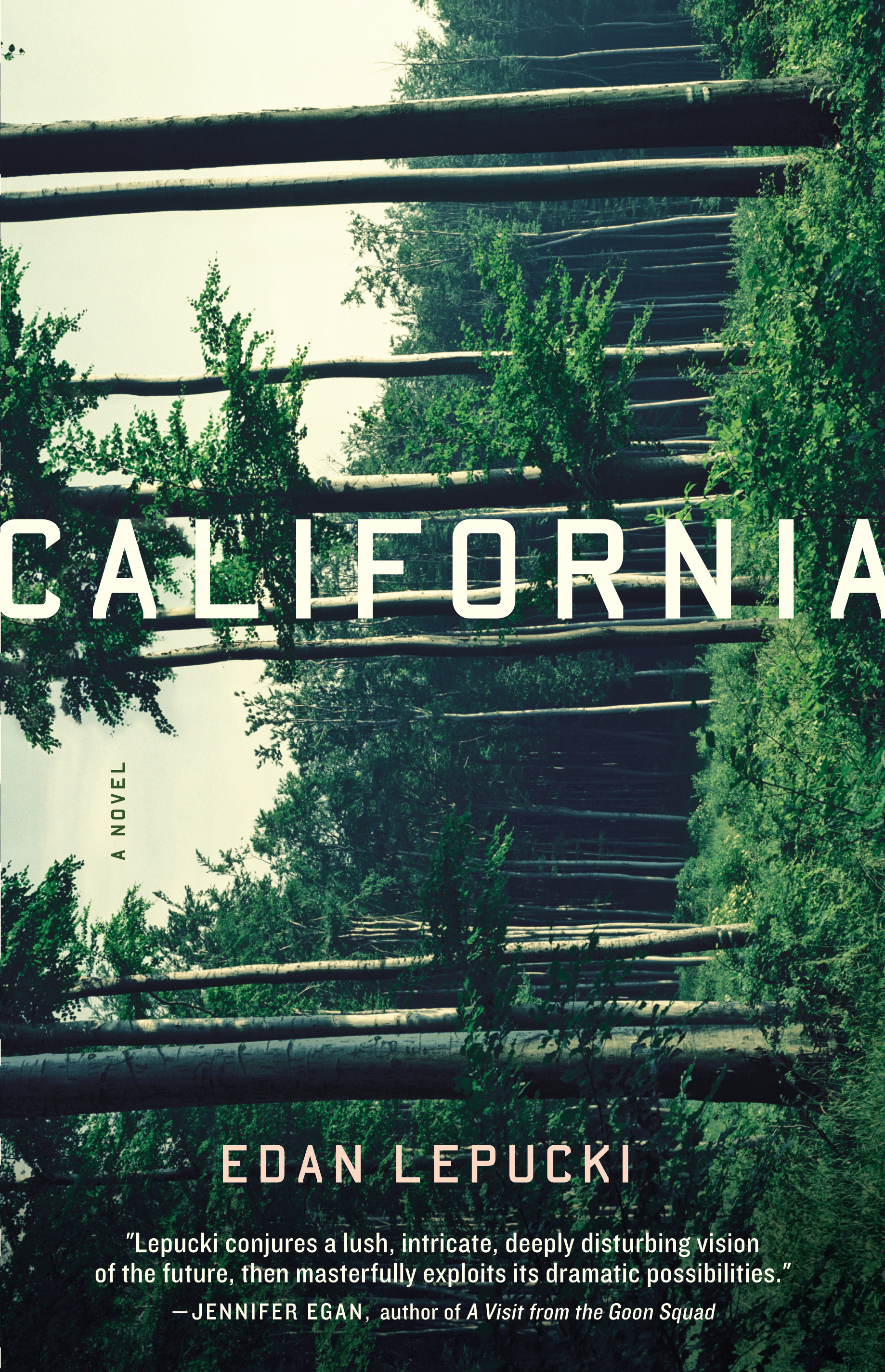Review: Burning Dark
 Burning Dark by Adam Christopher
Burning Dark by Adam Christopher
Back in the day, Captain Abraham Idaho Cleveland had led the Fleet into battle against an implacable machine intelligence capable of devouring entire worlds. But after saving a planet, and getting a bum robot knee in the process, he finds himself relegated to one of the most remote backwaters in Fleetspace to oversee the decommissioning of a semi-deserted space station well past its use-by date.
But all is not well aboard the U-Star Coast City. The station’s reclusive Commandant is nowhere to be seen, leaving Cleveland to deal with a hostile crew on his own. Persistent malfunctions plague the station’s systems while interference from a toxic purple star makes even ordinary communications problematic. Alien shadows and whispers seem to haunt the lonely corridors and airlocks, fraying the nerves of everyone aboard.Isolated and friendless, Cleveland reaches out to the universe via an old-fashioned space radio, only to tune in to a strange, enigmatic signal: a woman’s voice that seems to echo across a thousand light-years of space. But is the transmission just a random bit of static from the past—or a warning of an undying menace beyond mortal comprehension?
This is the book that hates the reader. It hates you. For some reason, it starts in media res with some random woman freaking out about…something. You don’t know what. You don’t know why. The next chapter is about the protagonist in the midst of a space battle. That’s fine, though it doesn’t neglect to use some terminology you’re probably not familiar with. The chapter after that is a scene with five or six people all of whom are upset, none of whom you have ever been introduced to. They’re not described or differentiated in any way and they have nothing to do with the previous chapter. The dialogue has no tags. The dialogue has no tags.
And this is why I put this book down at least five times before bothering to slog through these first few pages. I hope the editor was fired for this crime. Only after reading the rest of the book did I realize what had been done to it. I can picture it now, some editor or suit guy reading the manuscript and going ”No! This is too slow! This is boring! It needs explosions!” and some other dude going ”Well, there’s a space battle like, at the end of the book but…” and the suit guy gets a glint in his eye: ”Perfect, cut that chapter out and put it in the very beginning.”
As it says in the blurb, the protagonist is the hero captain of a space battle. However, reaching the end of his career in early retirement, no one believes him. The beginning scene is his description of the famous battle. He tells the story to a bunch of assholes who doubt him. Only problem is that this scene takes place at the last third of the book, when we have actually met the aforementioned assholes and are familiar with them. When you reach the chapter, you literally have to go back to the beginning to re-read it, since it’s highly unlikely that you understood anything then, let alone remember.
Anyway, enough about my pet peeves and what makes me homicidal. On to the book.
I have a soft spot for sci-fi horror. One of my favorites movies is Pandorum, which, let’s face it, is not a very good movie. So I went in with a harkening for some scary sci-fi shenanigans. Unfortunately, I wouldn’t say this is a very scary book or that it even belongs in this sub genre. Except for some ghostly happenings that make up a very small part of the book, there’s not much here to warrant the horror label. To give you my own take on the plot, Cleveland is a fairly passive guy that straight up gets bullied by some tough guy space marines, while waiting out his retirement on a decommissioned station. Soon, strange things start to happen, beginning with a weird radio signal he receives that is essentially a leftover from early human space age. People start disappearing, spooky things happen and ghostly ghosts make a lot of people faint like they’re in a H. P. Lovecraft story.
There’s nothing particularly bad about the book, it’s just a bit of a kitchen-sink novel with a lot of different ideas mashed together. I’m not opposed to the approach, but the ideas are so radically different that it becomes jarring. Ancient Japanese myths mixed with alien wars and ghosts and a dead Russian cosmonaut. What connects all these things? Well, not very much, to be honest, outside of a vague conceptual link that’s revealed at the very end of the book.
I enjoyed some parts, including the Russian cosmonaut (based on a real world event, most likely a hoax by a couple of Italian radio operators) and the world building that Christopher did (of which we only see a small part). The protagonist is a bit of a wet towel, somewhat spineless and a bit of an idiot. It’s not that I like Mary Sue protagonists, but there’s something to be said for characters that drive the plot instead of responding to events. The space marine characters were far more interesting, although we don’t see a lot of them.
All in all, the book was a bit of a letdown. It feels rushed and sloppy, probably because of the different ideas it’s trying to shove together to make the plot work. Perhaps it would have worked better spread out over a couple more books, if the author filled in the gaps nicely. I’d read another Christopher book, but not this one. Never this one.
2 out of 5 Space Ghosts


